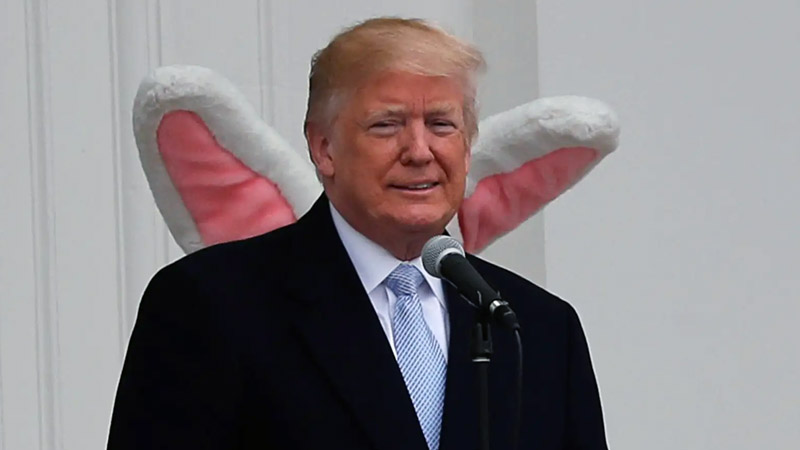Former President Donald Trump is gearing up to introduce a potentially precarious defense strategy in his ongoing Manhattan criminal hush money trial, according to former Manhattan prosecutor Rebecca Roiphe. During a discussion on MSNBC with host Chris Hayes, Roiphe delved into the specifics of Trump’s approach, which she described as “risky.”
Roiphe explained that Trump’s strategy might involve acknowledging the payment facilitated by his former attorney and fixer, Michael Cohen while asserting that the transaction was not illegal. This stance signals a departure from outright denial to a justification of legality, suggesting a nuanced defense that relies on the interpretation of legal boundaries rather than the denial of actions taken.
During the segment, Hayes inquired about the direction the trial might take and what to expect from forthcoming testimonies. “We think we’re going to get a few more witnesses this week,” Hayes mentioned, prompting a discussion on the evolving dynamics of the courtroom proceedings, told The New York Times.
“I’m very interested in how the defense lines up,” said Roiphe. “So are they going to put all of their eggs in the basket of, you know, this is all fine, everything he did, he did and it’s fine, or are they going to try to distance him from the things that Michael Cohen did.”
“Yes,” she said. “This was the lawyer trying to freelance and hoping that he was going to get some great later payoff from Donald Trump, and this is why he did it. That’s one possible defense. A lot of white-collar crime people are like, you know, it was my assistant doing it on her own. Like my secretary. So you know, he could go with that defense.”
Roiphe expressed her keen interest in how Trump’s defense would unfold, particularly whether they would concentrate their efforts on asserting the legality of the former president’s actions or if they would attempt to dissociate him from Cohen’s activities. This approach could potentially involve portraying Cohen as having acted independently, or “gone rogue,” without Trump’s direct authorization or knowledge.
However, Roiphe highlighted a significant challenge in distancing Trump from Cohen’s actions. She pointed out that Trump has made numerous public statements affirming that the payments were made and defended their legitimacy. These statements are admissible in court and could complicate efforts to separate Trump’s actions from Cohen’s.
Roiphe’s analysis suggests that Trump’s defense might lean heavily on the argument that there was nothing inherently illegal about the transactions in question. Emphasizing the legality rather than the ethics or optics of the payments could be seen as a daring move, given the public and legal scrutiny associated with the case.
This strategic choice by Trump’s legal team underscores the complex legal and public relations challenges facing the former president. By potentially admitting to the payment but contesting its illegality, Trump’s defense will need to navigate a delicate balance between legal definitions and public perception.
As the trial progresses, the effectiveness of this defense strategy will be closely watched, with implications for both the legal outcomes of the case and the broader public’s understanding of the issues at stake. The decisions made in the courtroom could have lasting impacts on Trump’s legal and political future, marking this as a pivotal moment in the trial.

